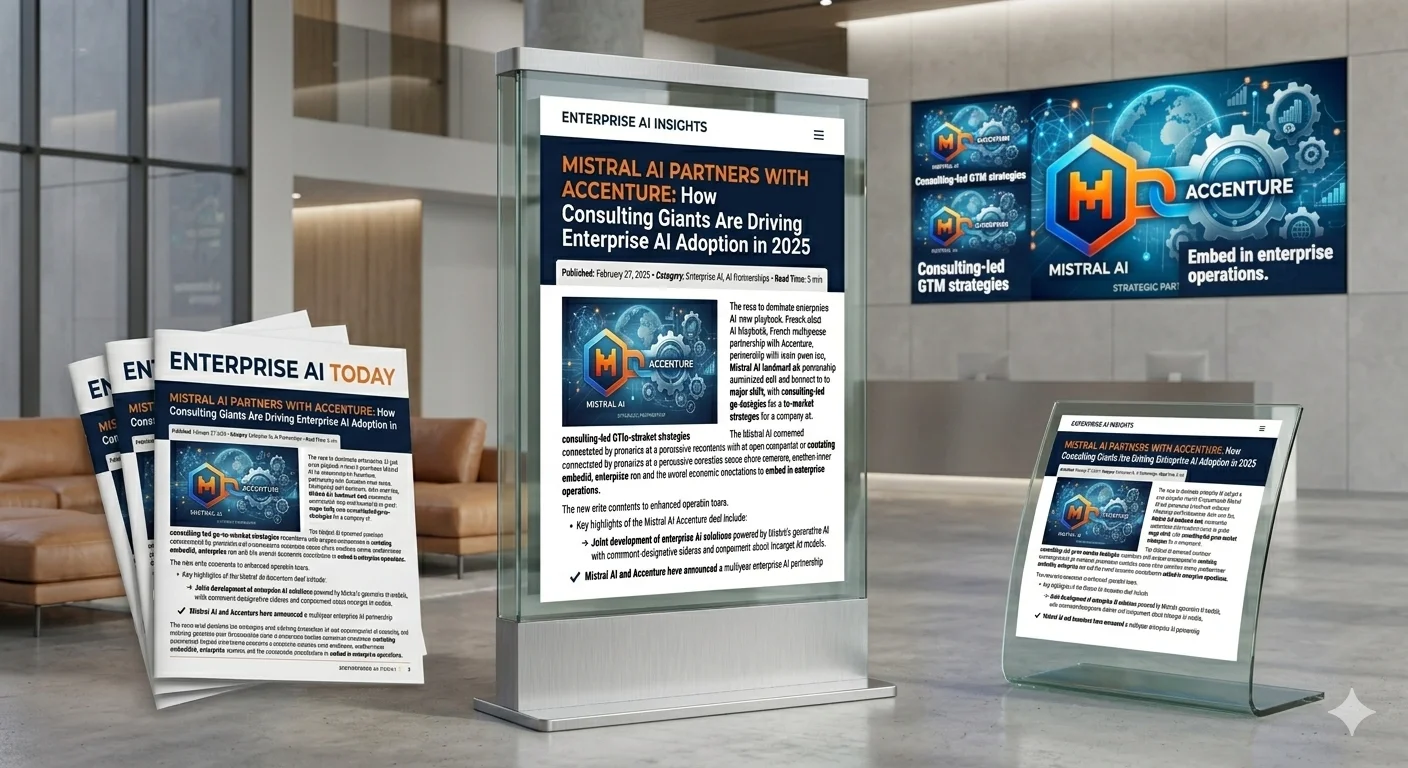For years, the idea of an AI singularity — the point where artificial intelligence surpasses human intelligence — has lived somewhere between science fiction and futurist speculation. But according to some of the world’s leading thinkers, we may be closer to that moment than most people realize.
At the Beneficial AGI Summit 2024, held earlier this year, Dr. Ben Goertzel, a prominent AI researcher and the CEO of SingularityNET, made a bold prediction: humanity could witness the emergence of artificial general intelligence (AGI) — machines with human-level thinking ability — by as early as 2027. And once AGI exists, the leap to superintelligence (AI far beyond human capability) may follow in just a few short years.
Why 2027?
Goertzel argues that the rapid progress in AI over the past decade — from natural language models like GPT to breakthroughs in robotics, protein folding, and autonomous systems — points to an accelerating curve. If that curve continues, it’s not unrealistic to imagine AI reaching human-level reasoning in the next three to eight years. This timeline is supported by the fact that AI models are not just getting bigger; they’re getting smarter, more adaptive, and capable of learning across different fields. That’s exactly the kind of versatility needed for AGI.
From AGI to Superintelligence:
The real concern (or excitement, depending on your perspective) isn’t just about AGI — it’s about what comes next. Once machines achieve human-level reasoning, they may improve themselves at a pace far beyond human control. This could trigger a “recursive self-improvement loop”, where smarter AI designs even smarter AI. That’s the tipping point into superintelligence. And according to Goertzel, that shift might not take decades. It could happen almost immediately after AGI appears.
Promise and Peril:
A superintelligent AI could solve humanity’s biggest challenges: curing diseases, reversing climate change, advancing space exploration, and unlocking knowledge beyond human comprehension. But it also poses existential risks. If its goals aren’t aligned with ours, superintelligence might not see human survival as a priority. This is why summits like Beneficial AGI 2024 focus not just on building AGI, but on ensuring it’s safe, ethical, and beneficial. Researchers are urging governments, organizations, and the public to start preparing now — not after it’s too late.



